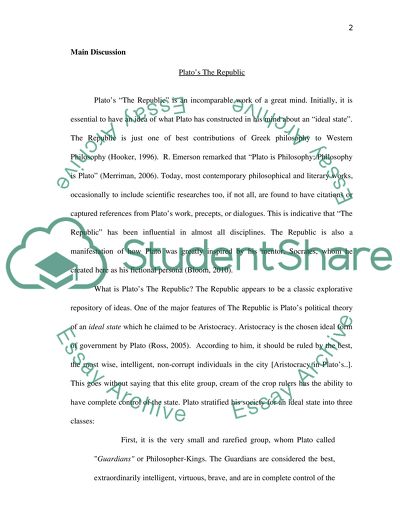Cite this document
(“Platos Aristocracy and Tyranny Term Paper Example | Topics and Well Written Essays - 1750 words”, n.d.)
Platos Aristocracy and Tyranny Term Paper Example | Topics and Well Written Essays - 1750 words. Retrieved from https://studentshare.org/philosophy/1573563-platos-aristocracy-and-tyranny
Platos Aristocracy and Tyranny Term Paper Example | Topics and Well Written Essays - 1750 words. Retrieved from https://studentshare.org/philosophy/1573563-platos-aristocracy-and-tyranny
(Platos Aristocracy and Tyranny Term Paper Example | Topics and Well Written Essays - 1750 Words)
Platos Aristocracy and Tyranny Term Paper Example | Topics and Well Written Essays - 1750 Words. https://studentshare.org/philosophy/1573563-platos-aristocracy-and-tyranny.
Platos Aristocracy and Tyranny Term Paper Example | Topics and Well Written Essays - 1750 Words. https://studentshare.org/philosophy/1573563-platos-aristocracy-and-tyranny.
“Platos Aristocracy and Tyranny Term Paper Example | Topics and Well Written Essays - 1750 Words”, n.d. https://studentshare.org/philosophy/1573563-platos-aristocracy-and-tyranny.


